Repair or Replace Your Commercial Generator: What’s the Best Choice?
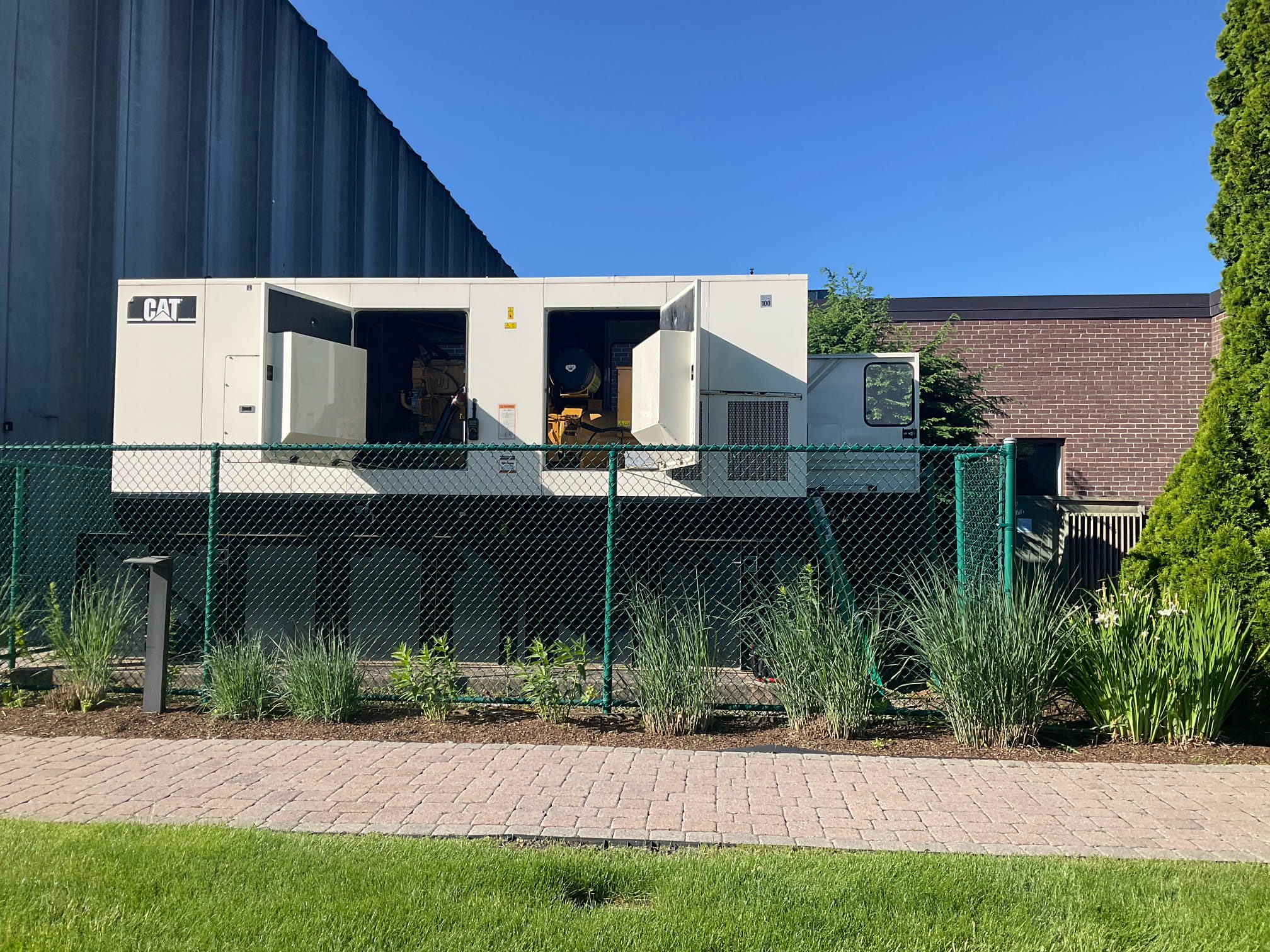
For any business that relies on continuous power, a commercial generator is a critical asset. However, like all machinery, commercial generators age, and their performance can degrade over time. When this happens, businesses are faced with a crucial decision: should you repair or replace your commercial generator?
This decision is not always straightforward and requires careful consideration of various factors. In this article, we’ll explore the key points to help you determine whether overhauling and refurbishing or replacing your commercial generator is the best choice for your business.
Table of Contents
Understanding the Overhaul and Refurbishment Process
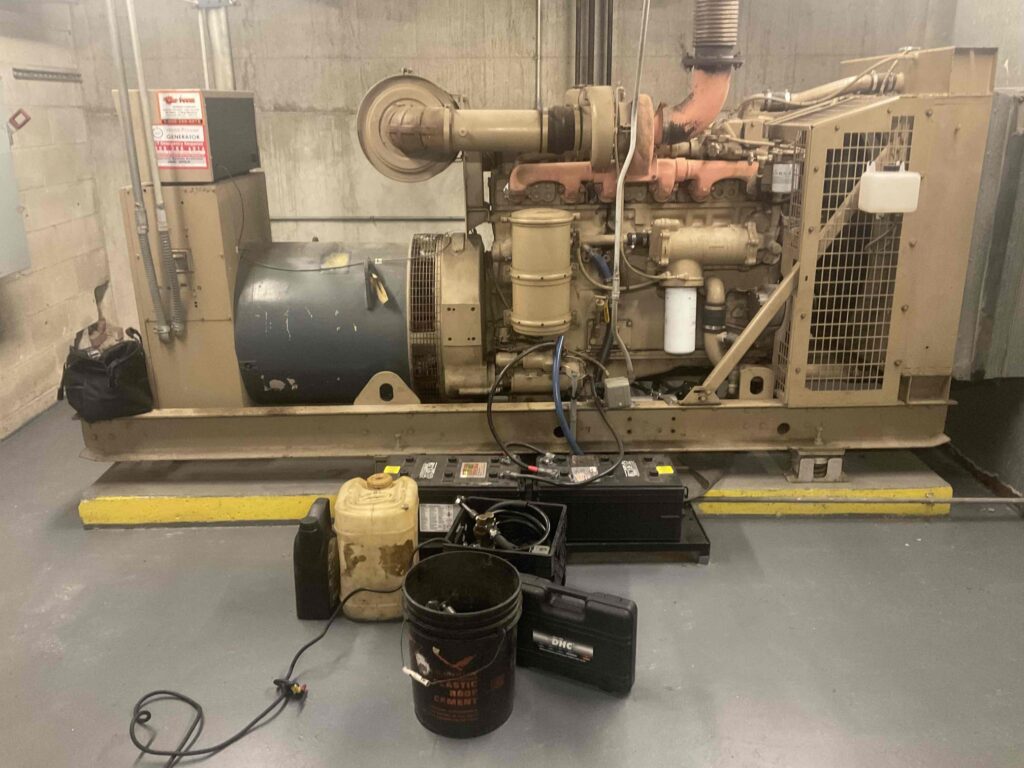
Before diving into the pros and cons of each option, it’s important to understand what overhauling and refurbishing a generator entails.
Overhaul and Refurbishment:
- Complete Disassembly: The generator is disassembled, and each component is inspected for wear and tear. Parts that are worn out or nearing the end of their life are repaired or replaced.
- Engine Reconditioning: The engine, often the most critical part of the generator, is reconditioned. This may include replacing pistons, bearings, seals, and other vital components.
- Electrical System Check: The electrical system, including the alternator and control systems, is thoroughly checked and updated as necessary.
- Reassembly and Testing: After refurbishment, the generator is reassembled and tested to ensure it meets operational standards.
Evaluating the Cost Implications
Cost is a primary consideration in deciding whether to overhaul and refurbish or replace your generator. Both options involve significant investment, but the long-term financial impact can vary.
Overhaul and Refurbishment:
- Lower Initial Cost: Overhauling and refurbishing your existing generator is typically less expensive upfront compared to purchasing a new one.
- Extended Lifespan: A well-executed overhaul can extend the life of your generator by several years, delaying the need for a costly replacement.
- Recurring Costs: While refurbishment can restore functionality, it may not eliminate the need for future repairs, particularly if the generator is already old.
Replacement:
- Higher Upfront Investment: Replacing your generator involves a significant initial outlay. However, this cost can be offset by lower operating and maintenance costs over time.
- Warranty and Reliability: New generators come with warranties and are designed to be reliable, reducing the likelihood of future repair costs.
- Energy Efficiency: Newer models are often more energy-efficient, which can result in long-term savings on fuel and operational costs.
Considering the Age and Condition of Your Generator
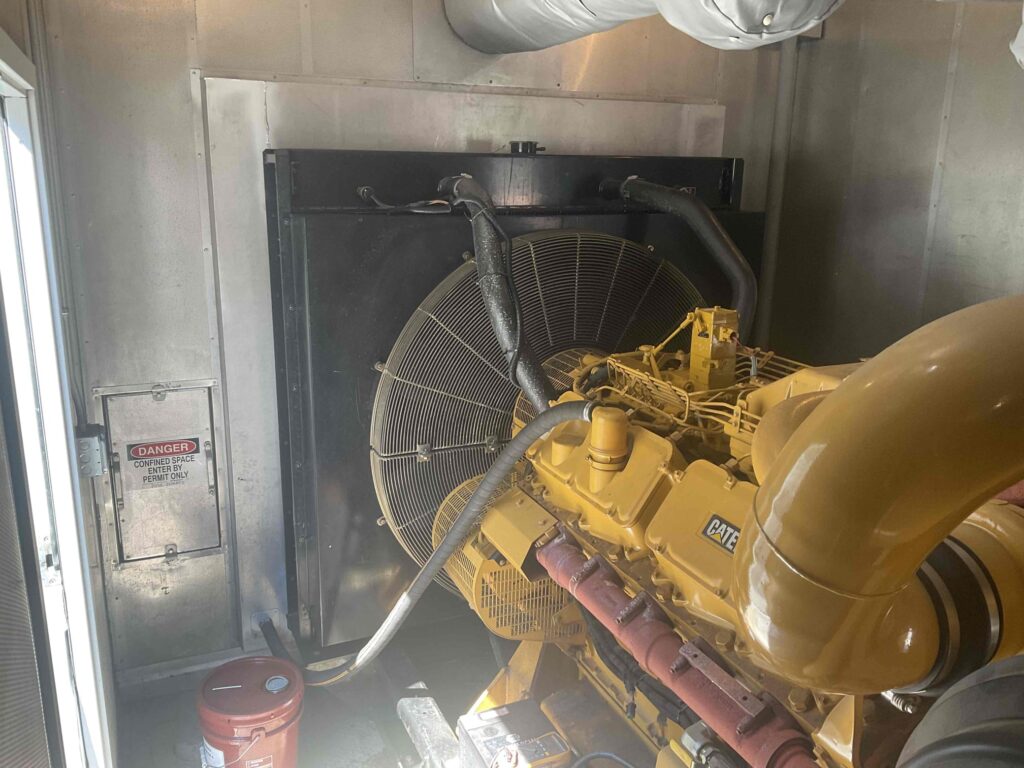
The age and current condition of your generator are critical factors in deciding whether to overhaul or replace it.
Overhaul and Refurbishment:
- Moderate Age: If your generator is less than 20 years old, has been regularly maintained, and has a relative low number of run hours, an overhaul could be a cost-effective way to extend its life.
- Sound Structure: If the generator’s core components, such as the engine block and alternator, are still in good condition, refurbishment can be a viable option.
- Specific Issues: Overhauling is particularly beneficial if the generator has specific issues that can be addressed without replacing the entire unit.
Replacement:
- Advanced Age: Generators over 30 years old and has a large number of run hours may have multiple components that are worn out, making replacement a more practical solution.
- Significant Wear: If the generator has suffered extensive wear and tear or has a history of frequent breakdowns, replacement might be the better long-term choice.
- Obsolete Technology: Older generators may not be compatible with newer technology or may lack the features of modern units, making replacement a more attractive option.
Weighing the Operational Impact
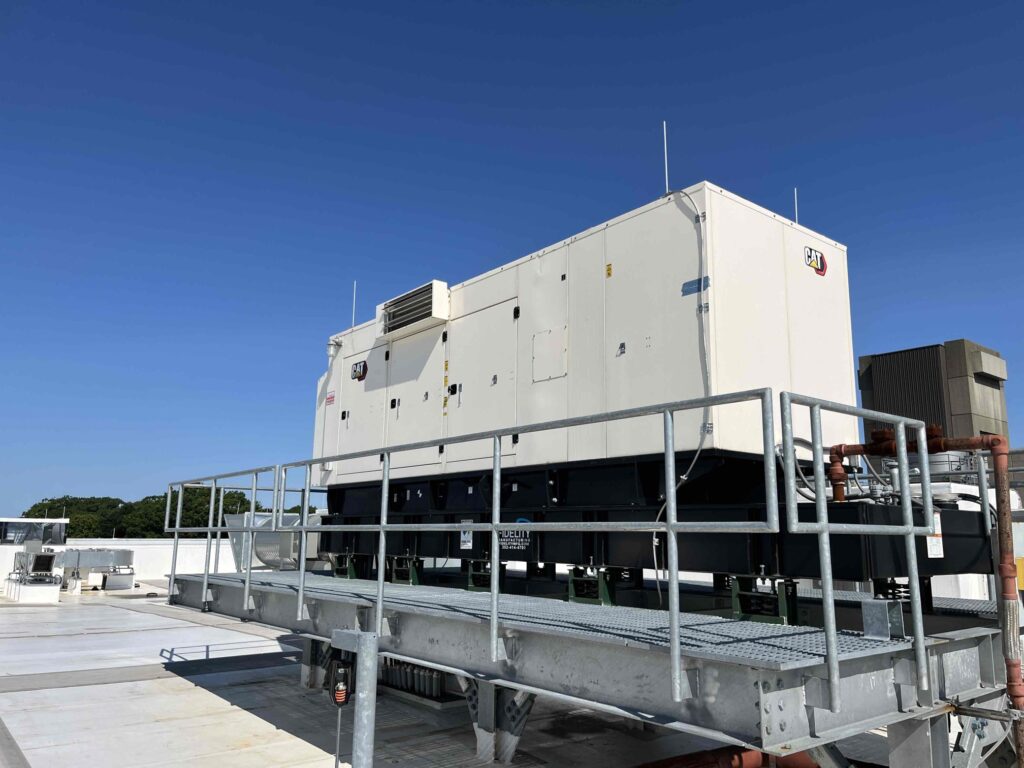
Downtime and the impact on your operations are significant considerations when deciding whether to overhaul or replace your generator.
Overhaul and Refurbishment:
- Shorter Downtime: Depending on the extent of the refurbishment, overhauling a generator can often be completed quicker than replacing it, minimizing operational disruption.
- Temporary Power Solutions: You may need to arrange for a temporary power solution during the overhaul, but the overall downtime is usually less compared to replacement.
- Immediate Operational Needs: If your business cannot afford extended downtime, refurbishment might be the preferred option.
Replacement:
- Longer Downtime: Installing a new generator can take longer, especially if site modifications are needed.
- Long-Term Reliability: While the initial downtime may be longer, a new generator is less likely to require repairs in the near future, providing more reliable power over time.
- Operational Efficiency: A new generator may offer improved efficiency and performance, potentially reducing the frequency of maintenance and the risk of future downtime.
Considering Technological Advancements
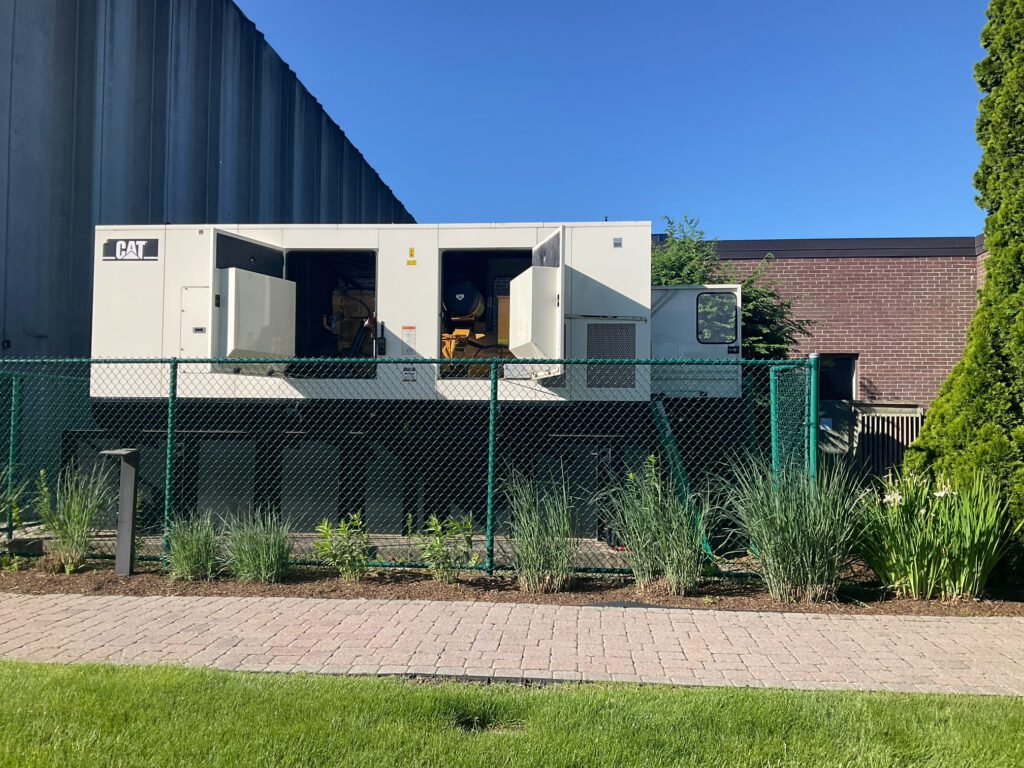
Technology evolves rapidly, and newer generators often come with advanced features that can enhance your business operations.
Overhaul and Refurbishment:
- Retain Familiar Systems: Overhauling allows you to keep your existing generator, which may be well-integrated with your current systems and infrastructure.
- Limited Upgrades: While some technological upgrades may be possible during refurbishment, they will likely be limited compared to what a new generator can offer.
Replacement:
- Advanced Features: New generators come equipped with the latest technology, including remote monitoring, automated controls, and improved fuel efficiency.
- Future-Proofing: Investing in a new generator ensures that your power generation capabilities are up-to-date and aligned with future business needs and technological advancements.
Assessing Environmental and Regulatory Compliance
Environmental and code regulations are becoming increasingly stringent, and compliance is a crucial factor in the decision-making process.
Overhaul and Refurbishment:
- Compliance Considerations: In most cases, existing generators are grandfathered in based on the regulations when the unit was installed.
- Environmental Impact: Refurbishing an older generator might not significantly improve its environmental performance, which could be a concern for businesses with sustainability goals.
Replacement:
- Code Upgrades: New generators installations often require code upgrades to the building or electrical system. Previously approved generator locations may not be compliant under updated electrical codes. This can cause issues for customers with limited space and significantly increase the cost of replacement.
- Sustainability Goals: Replacing an older generator with a more efficient, environmentally friendly model can support your company’s commitment to sustainability and corporate responsibility.
Current and Future Power Demand
Your business’s current and anticipated power needs are critical factors in deciding whether to overhaul or replace your generator.
Overhaul and Refurbishment:
- Sufficient for Current Needs: If your generator’s current capacity meets your business’s power demand, an overhaul might be sufficient to ensure continued reliability.
- Limited Scalability: While overhauling can improve the generator’s performance, it may not significantly increase its capacity. If your power demand is expected to grow, the refurbished generator might not be able to handle the increased load.
- Short-Term Planning: Overhauling can be a good option if your business’s power needs are stable, and you do not anticipate significant growth in the near future.
Replacement:
- Increased Capacity: If your business is expanding or your power demand is increasing, a new generator with a higher capacity might be necessary to meet future needs.
- Adaptability: New generators often come with advanced features that allow for better load management and scalability, ensuring your power system can grow with your business.
- Long-Term Planning: Investing in a new generator can be part of a long-term strategy to accommodate your business’s future power requirements, reducing the risk of outgrowing your current system.
Conclusion: Making the Right Decision
Deciding whether to overhaul and refurbish your existing generator or replace it with a new generator depends on several factors, including the age and condition of your generator, cost considerations, the impact on your operations, and your long-term business objectives.
Overhauling and refurbishing may be the best choice if your generator is relatively young, structurally sound, and still meets your operational needs. It offers a cost-effective way to extend the life of your backup power equipment without the need for a significant upfront investment.
However, if your generator is older, has experienced significant wear and tear, or is no longer compatible with modern technology and environmental standards, replacing it might be the smarter long-term decision. A new generator can offer greater reliability, improved efficiency, and better compliance with current and future regulations.
Ultimately, the right decision will depend on your specific circumstances, and it’s important to weigh all factors carefully to ensure the continued success and reliability of your business operations.
